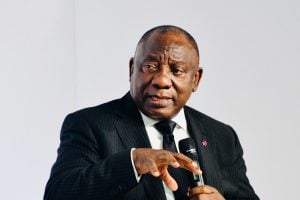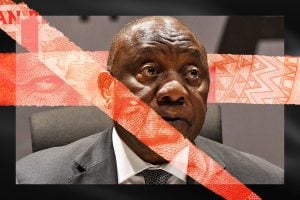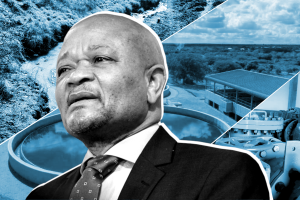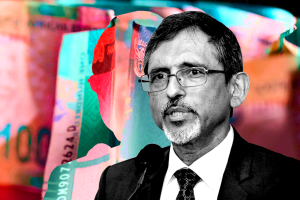Billions in bailouts for failing SOEs in South Africa – Government’s latest spin
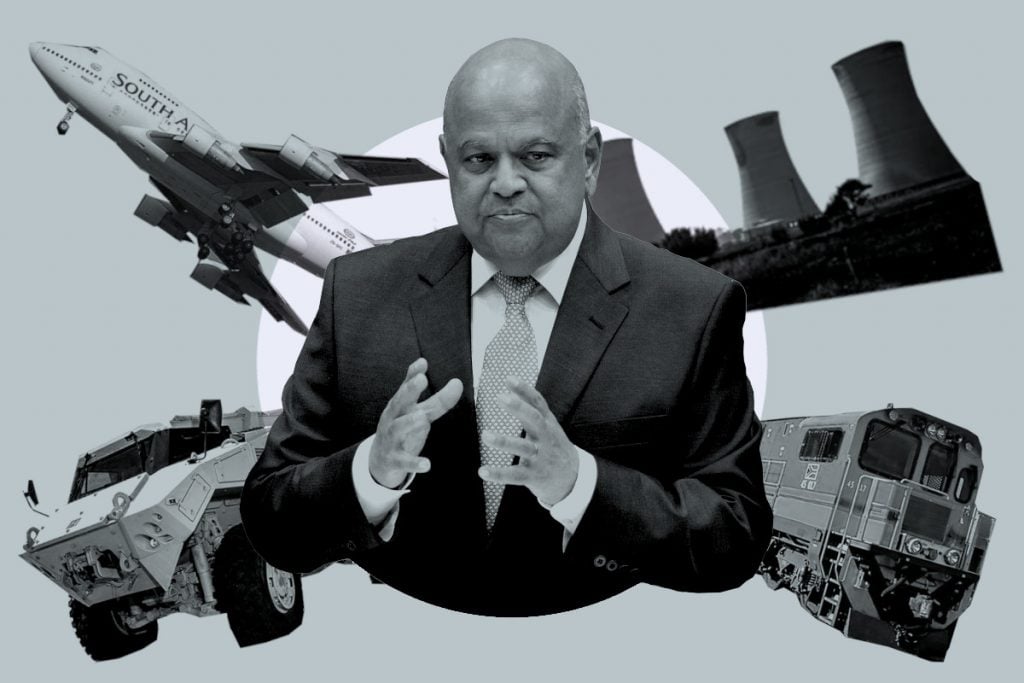
The government plugging billions of rands in bailouts into failing state-owned enterprises is a sign of its commitment and “strategic intent” to turning things around and making these groups financially sustainable, says Public Enterprises Minister Pravin Gordhan.
The South African government has injected billions of rands into state companies over the years, but continues to get very little out of them. The latest findings by the Auditor General of South Africa delivered only one clean audit for the country’s state-run companies.
Auditor General Tsakani Maluleke, on 29 November 2023, tabled the audit outcomes for the national and provincial government for the year to end March 2023.
The audit highlighted that while there was a trend of improvement for smaller parastatals and some government departments, SA’s key SOEs again underperformed.
“Those auditees with the greatest impact on the lives of South Africans and on government finances, which we refer to as ‘high-impact auditees’, are lagging behind on financial and performance management disciplines,” she said.
Out of the 19 major SOEs that are expected to operate like businesses and generate profits, only one – the Development Bank of Southern Africa (DBSA) – managed to receive a clean audit.
The Auditor-General (AG) expressed disappointment that no other major SOE was able to achieve the same level of success as the DBSA. The AG stated that there was “absolutely no excuse” for this and urged other SOEs to improve their performance.
Among these poor performers were the entities under the Department of Public Enterprises – including Eskom, Transnet, Alexkor, South African Airways (SAA), South African Forestry Company Limited (SAFCOL), and Denel.
SAFCOL and Transnet received an unqualified audit with findings, meaning the company was able to produce quality financial statements but struggled to produce quality performance reports and/or comply with all key legislation.
The other four were the only SOEs to receive outstanding audits, meaning they did not submit any financial documents in time.
During a recent parliamentary Q&A, Gordhan was asked whether he intends to resign from the Cabinet in light of the failure of the state-owned entities under his watch and administration
Gordhan’s response can be succinctly summarised as “no” and, contrary to the AG findings, he said that each SOE is on a “challenging recovery path” but showing signs of some success.
He also pointed to State Capture as the culprit that crippled the SOEs in question. “The boards are working diligently to overcome the effects of State Capture and restore the entities to effective operations,” he said.
In his response, Gordan outlined what he believes are strides made by the various SOEs under his administration, but most of his points were intentions and plans still in the process of being completed.
When addressing things like the R9 billion bailout given to Denel, he said this was a sign of “commitment” and “strategic intent” to turn the group around.
Regarding Eskom, the minister noted its goal of achieving a 65% Energy Availability Factor (EAF) by March 2024, maintenance at the Kusile Power Station to bring units online, partnerships with IPPs, and Eskom’s restructuring plans to break into three subsidiaries are “remarkable strides toward energy stability and sustainability”.
He added that Eskom’s debt relief package of R254 billion from the government and measures to write off municipal arrear debt also demonstrate Eskom’s “commitment to financial sustainability”.
Highlighting ‘progress’ at other SOEs, he said he directed the Transnet Board to urgently address and report to the shareholders on its decisions and recommendations within the next few weeks to tackle port and rail issues hamstringing economic growth.
Gordhan also noted that seeking aid from the private sector to help run the ports was another major stride.
“Transnet is in the process of getting the private sector involved in various capital projects. For example, a reputable international private sector partner has already been identified for the development and operation of a container terminal at the port of Durban,” he said.
Other “successes” noted by Gordhan are:
- A forensic investigation into allegations of maladministration and corruption at Alexkor is a sign that his department is committed to transparency, justice, and ethical governance. He also added that Alexkor’s financial position has limited financial risk as the largest liability will be settled by ring-fenced funds;
- SAFCOL’s unqualified audit and INFLOMA’s clean audit underscore SAFCOL’s financial responsibility and transparency, claiming a notable R285 million profit; and
- Despite State Capture reversing a 7-year trend of good governance, growth, and profitability at Denel, in the past five financial years, the state has injected approximately R9 billion into the company – which Gordhan said “has resulted in an appreciable improvement in the market sentiments (employees, clients, partners, financial institutions, and suppliers) regarding the clarity of Government’s strategic intent with respect to Denel”.
Read: New hate speech laws for South Africa head to Ramaphosa to be signed


